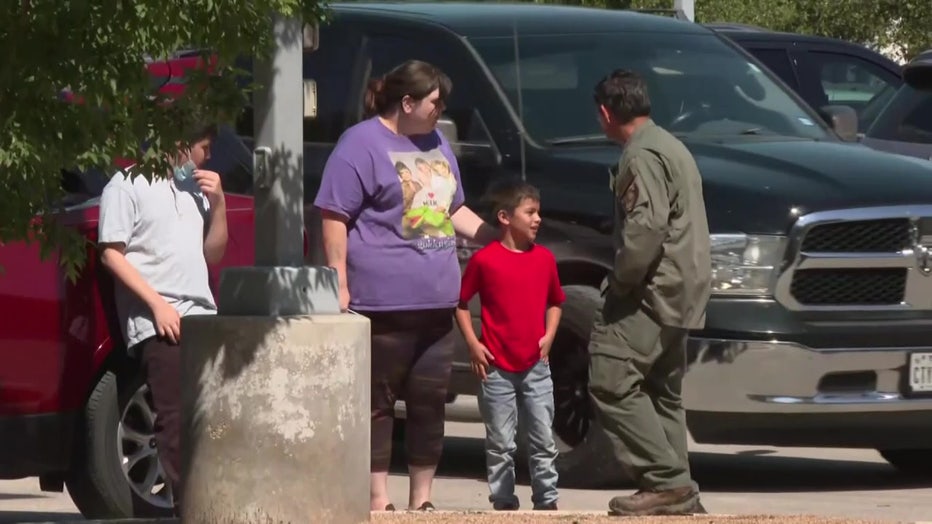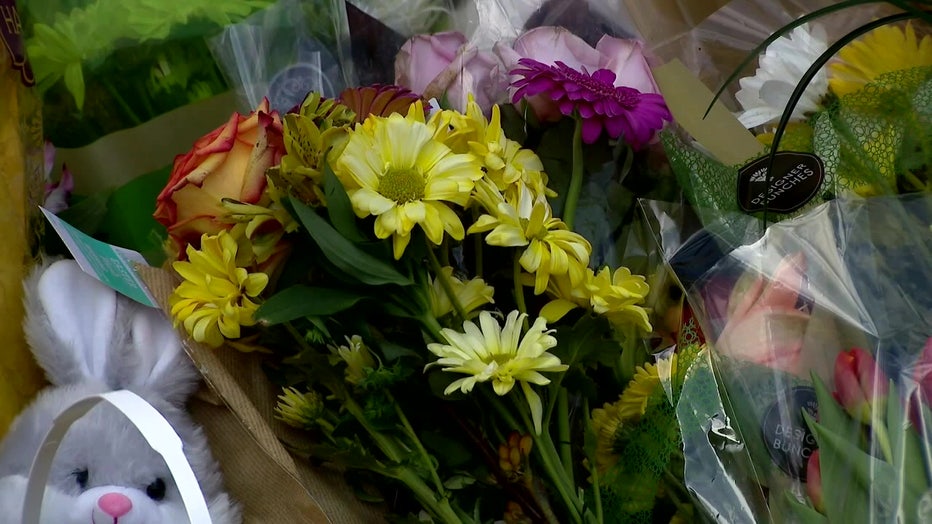How to talk to your children about mass shootings

Mass shootings leaving a lasting impact on children
A psychologist says reassurance is key when it comes to talking with your children about mass shootings.
TAMPA, Fla. - Images of videos of mass shootings can be traumatizing and long-lasting, especially for children, which creates a challenge for parents trying to explain what happened.
Licensed psychologist Dr. Wendy Rice says the first step is to figure out where your child is and what they already know about what happened. She says they may be confused and only have questions like when and where it happened, or it could be more emotionally complicated. Once you know more about what they know, you can better help them process what happened.
"Even though they're happening more often, we still have to say to kids, this is very, very unusual. You are safe. You just have to let them know that they are safe and you're going to keep them safe," Dr. Rice said.
As Dr. Rice explains, reassurance is crucial, and so is understanding what they already know.

A mother and a child outside a mass shooting scene.
"If your kids come to you and ask you about it, you want to say to them, ‘Hey, what have you heard, what you know? Do you have some specific questions?’ Because by asking them where they're coming from, you're not going to give them more information than they need. By letting your kids do as much talking as possible, it's going to help you narrow down what you need to say," Dr. Rice shared.
READ: Investigators examine ideology of Texas gunman in deadly mall shooting
So what should you say, and when? The American Psychiatric Association and the American Academy of Pediatrics recommend avoiding the topic with children until they are around eight, but both organizations say it depends on the child.

A makeshift memorial outside a mass shooting.
"Kids need to know that there are good people in the world, and they need to know that even if somebody does something that's dangerous or bad, that there are people who are kind and helpful," Dr. Rice said. "Focus on the doctors or the firefighters or anything that's positive. Any sort of ray of sunshine that we can find amidst this sadness is terrific."
READ: Melissa Joan Hart helped children escape from Nashville school shooting
Dr. Rice recommends turning off the TV when the kids are around and avoiding phones and computers with images of what happened. As she puts it, the less they see, the better.
"The images and photos can have really lasting power, and they can stay in their minds for a long time if your kids know a fair amount about it and they're young, and you could say, you know, do you want to draw a picture about what you remember or what you saw or what you're scared of, or how knowing about this event is making you feel inside? Because a lot of kids are have a hard time talking about it, but they can draw about it," Dr. Rice explained.

